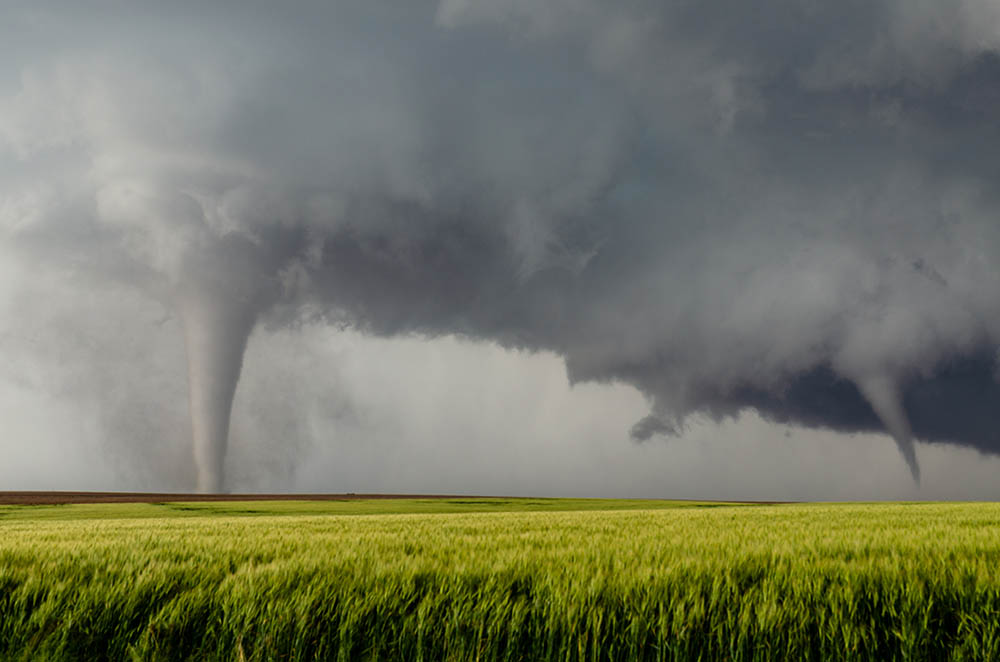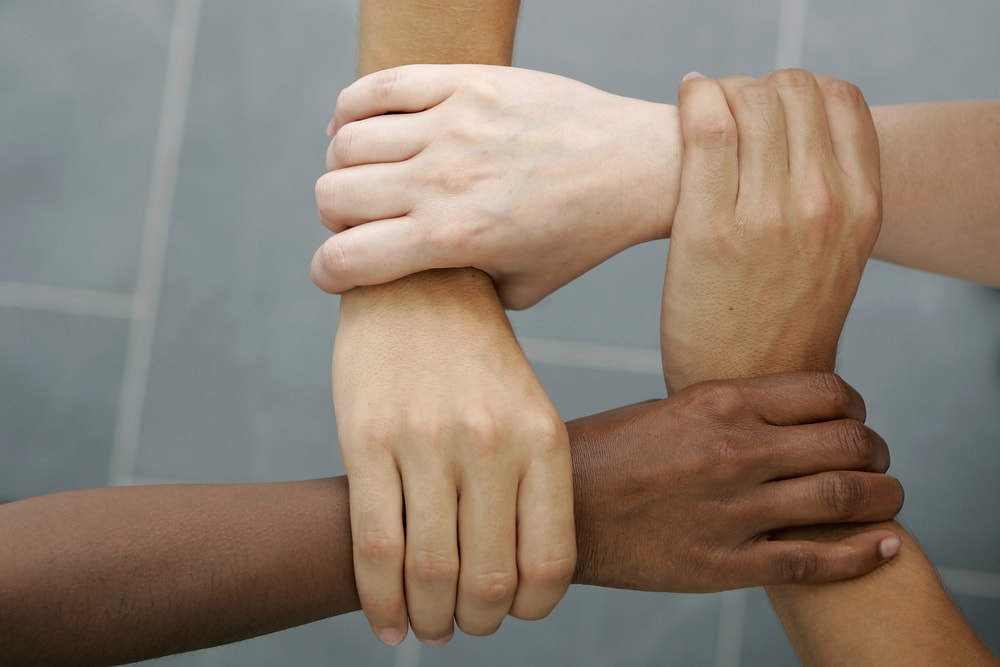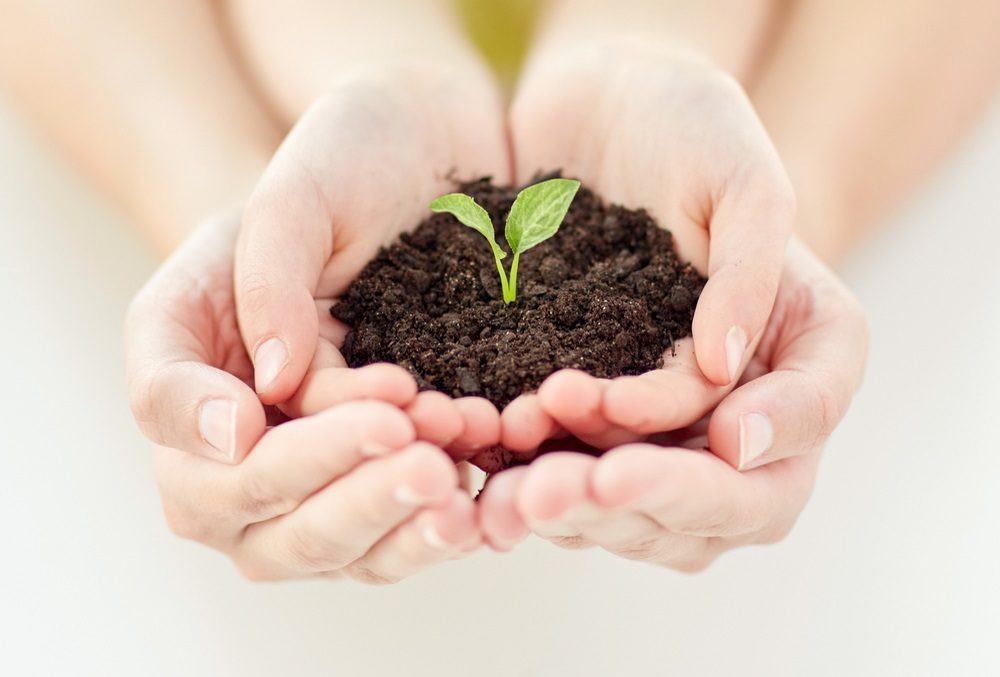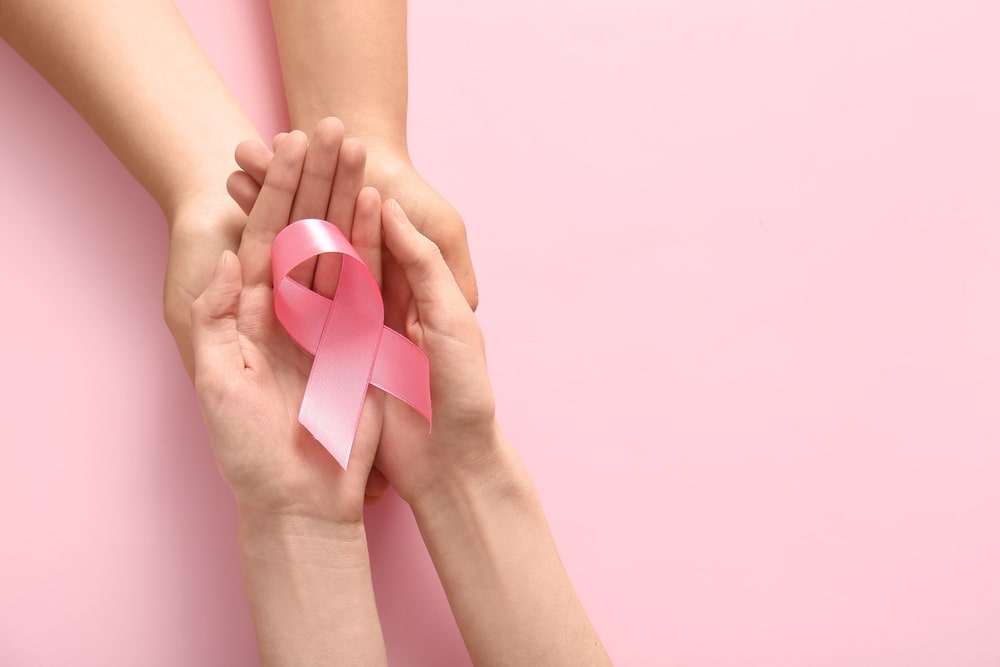What does it mean to grieve during a natural disaster or a hurricane? What opportunities does grief provide for helping others in need? In the wake of natural disasters that have caused so much damage to the lives of so many people, it’s useful to examine the relationship between healthy grief and compassionate action. While our first impulse may be to distance ourselves from the pain of tragedy, it’s necessary that we face this pain, because grief cultivates sympathy and compassion.

Awareness Spurs Action
It is difficult to wrap our minds around the information that we get from news statistics and apply them to the lives of everyday people. To picture the hundreds of lives lost, and to realize that each of these lives was as precious as that of our dearest loved one, is difficult to fathom. To envision the tens of thousands of homes destroyed or uninhabitable, and to know that each home belonged to an individual or a family who needs a home just as much as our families do, is beyond distressing.
But in response to the hurricanes, we’ve seen a number of heroic acts. Hundreds of Airbnb hosts are offering rooms to house Dorian evacuees. A Lakeland, Florida, hotel is seeing customers give up their own rooms or pay for rooms on behalf of evacuees. In North Carolina, volunteers are helping the elderly prepare for the storm. When hurricanes hit, we see people stepping up to make a difference. We see people showing that they care. This kind of commitment to goodness doesn’t come from a place of comfort. It comes from an awareness of the suffering of others. It comes from the internalization of their pain, and the channeling of this pain into sympathy, and ultimately, action.

We can only transcend the pain of loss by allowing ourselves to feel this hurt. As Dr. Alan Wolfelt says, we must go backward before we can go forward. In other words, we must allow ourselves to feel sad and painful emotions in order to move towards healing. The people who take action understand this essential truth of grief. They have opened themselves up to the suffering of others, and have chosen to expose themselves to pain and discomfort. By moving outside of themselves, they set an example of hope and goodness that is inspiring to all of us.
How You Can Help Those Affected by the Hurricane
In light of the recent natural disasters, you may want to consider ways in which you can help. If you feel moved to take action, you have the opportunity to partner with organizations that are making a difference in the lives of those affected by these natural disasters, for example:
- To give toward Hurricane Dorian disaster relief in the Bahamas, this article shares several ways you can help, including the Red Cross, World Central Kitchen, Global Giving, and other Bahamas-based organizations.
- Americares has set up an Emergency Relief Fund for Hurricane Dorian so that you can help Americares offer medicine and medical assistance. A $10 donation can provide up to $100 in aid to those in need.
- The Red Cross has a disaster relief program set up to bring aid to those affected by natural disaster.
- The UNICEF Disaster Relief program works to meet the basic needs of children and their families who have been affected by Hurricane Dorian.

Grief is an avenue for change. It allows us to confront the reality of other people’s pain in order to better care for them. Because grief is unpleasant, our culture tends to downplay its importance. But shying away from painful emotions keeps us complacent. By crossing the threshold of sadness, we find the sympathy that connects us and reminds us of our common humanity.
By letting ourselves grieve, we allow ourselves to acknowledge the needs of those who are hurting. To bury the pain of this loss is to miss an opportunity to show compassion to others. It’s okay to temporarily welcome the sadness. Sadness reminds us that people are in a time of need. It provides a lens through which we can see more clearly to help others. It moves us from mourning to sympathy, from sympathy to action, and from action to inspiration. Tragedies of this kind are always distressing. However, we often find that in the midst of such hardship, humanity shines brightly.



